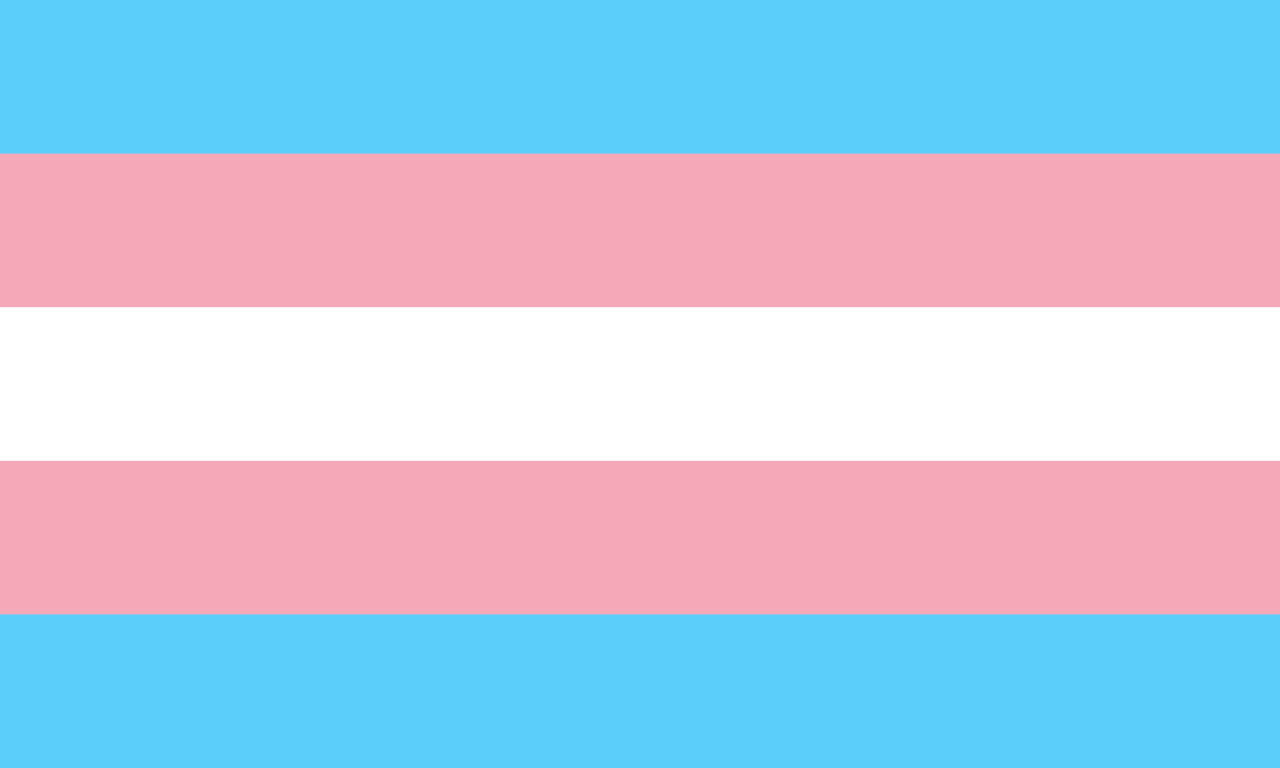Blog post by Conrad Amenta, Director of Policy and Strategic Initiatives
At its November 2019 meeting of the Board of Directors, CAFP leadership voted unanimously to adopt Principles for the Protection and Care of Transgender and Gender-Expansive Patients.
These principles were developed by the CAFP’s Committee on the Health of the Public in response to attacks on the rights of transgender and gender-expansive patients by federal agencies. The purpose of the principles is to guide CAFP staff and the Board as they respond to such attacks and advocate to ensure quality coverage and access to medically necessary care for all Californians.
The policy articulates ten principles for the Protection and Care of Transgender and Gender-Expansive Patients:
California Academy of Family Physicians
- Asserts that every patient or learner presenting to a family physician, family medicine residency or other health care/practice environment has the right to be provided with a safe, equitable, knowledgeable, culturally sensitive, and accepting environment free from discrimination regardless of gender identity status.
- Opposes all public and private discrimination against transgender and gender-expansive individuals in the areas, including but not exclusive of, health care, employment, housing, public accommodation, education, and licensing.
- Supports existing state and federal laws that protect people from discrimination based on gender expression and identity and opposes laws that compromise the safety and health of transgender and gender-expansive people by failing to provide this protection.
- Asserts that family physicians should not discriminate against classes or categories of patients in the delivery of needed health care. Such classes and categories include gender identity and expression.
- Asserts that the medical procedures attendant to gender-affirming/confirming surgeries and therapies such as hormones or other medications that adhere to the prevailing standards of care are not “cosmetic” or “elective,” but are understood to be medically necessary.
- Supports safe and humane conditions for transgender people in any form of detention, with individuals’ right to self-identify their gender under such detention conditions, and asserts that transgender and gender-expansive prisoners should have the same access to medically necessary care as non-incarcerated transgender and gender-expansive people and that medically necessary care includes gender-affirming treatments and procedures.
- Recognizes that biological sex, gender identity, and sexual orientation are separate facets of a patient’s intersectional identity.
- Asserts that electronic health records, billing systems, and insurance should be designed to respect the asserted gender identity and preferred name of each patient while maintaining confidentiality and avoiding duplicate charts. The inclusion of sexual orientation/gender identity allows for more accurate information and measurement of health disparities.
- Supports the inclusion of transgender and gender-expansive people in development of both health and social determinants of health research and policy, including clinical trials and observational studies, in order to better understand health disparities and to build a stronger evidence base for transgender and gender minority health.
- Encourages medical schools and graduate medical education programs to develop and incorporate educational material, tools, and training that will allow physicians to provide knowledgeable and respectful care to transgender and gender-expansive patients.
